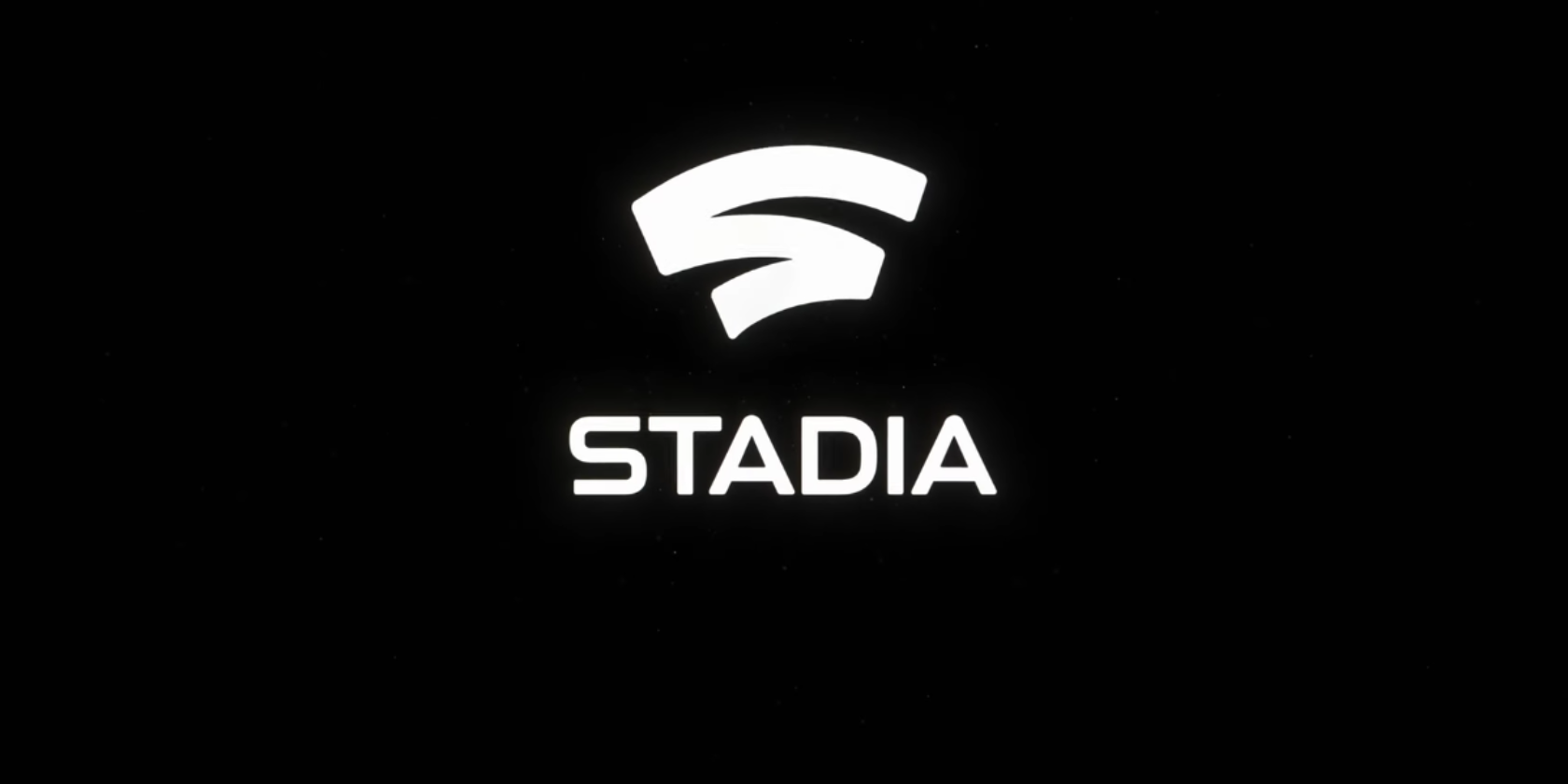After months of speculation, Google has unveiled its new cloud gaming platform. It's called Stadia, a name designed to conjure up images of people playing games throughout history. And Stadia will let you stream games anywhere and everywhere on multiple devices.
What Is Google Stadia and How Will It Work?
Google Stadia is a cloud-based gaming platform. This means that rather than needing to upgrade or buy new hardware, you'll be able to play games on existing devices. This includes your PC or laptop, Chromebook, tablets, smartphones, and even smart TVs.
Google wants high-end, AAA games to be available on Stadia. The company tested the service using Assassin's Creed Odyssey, and Doom Eternal has already been confirmed for launch. However, it remains to be seen how many other titles Google can secure.
Stadia will be able to stream games in 4K HDR at 60fps. To make this possible, AMD has built Google a custom GPU more powerful than the PS4 Pro and Xbox One X. Google has also developed its own controller, but you can also use your existing controllers.
YouTube will play an integral part of Stadia, with viewers watching someone play games able to start playing for themselves just by clicking a "Play Now" button. The Stadia controller also features a share button allowing you to share footage on YouTube.
Google will be launching Stadia sometime in 2019, and has promised more details will be forthcoming this summer. We know Stadia will be launching first in the United States, Canada, the UK, and most of Europe, but there's no word yet on pricing.
Can Google Stadia Live Up to the Hype?
Cloud gaming services such as PlayStation Now already exist. However, most have struggled with lag, preventing them from huge success. If Google has fixed this issue, and Stadia lives up to the hype from the GDC announcement, then it could be a game-changer.
Stadia is an exciting development worth keeping an eye on, and we'll probably find out more at Google I/O 2019 in May. However, if you're not yet ready to ditch your console, read our PS4 Pro review and our Xbox One X review to help you choose between the two.

